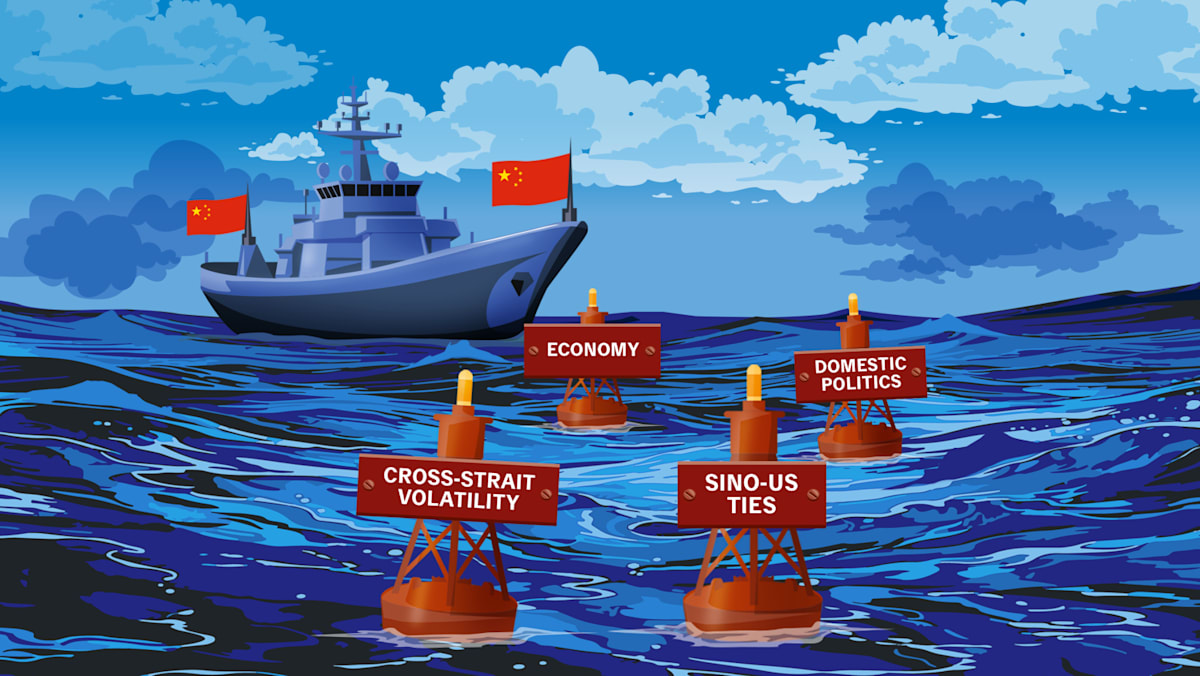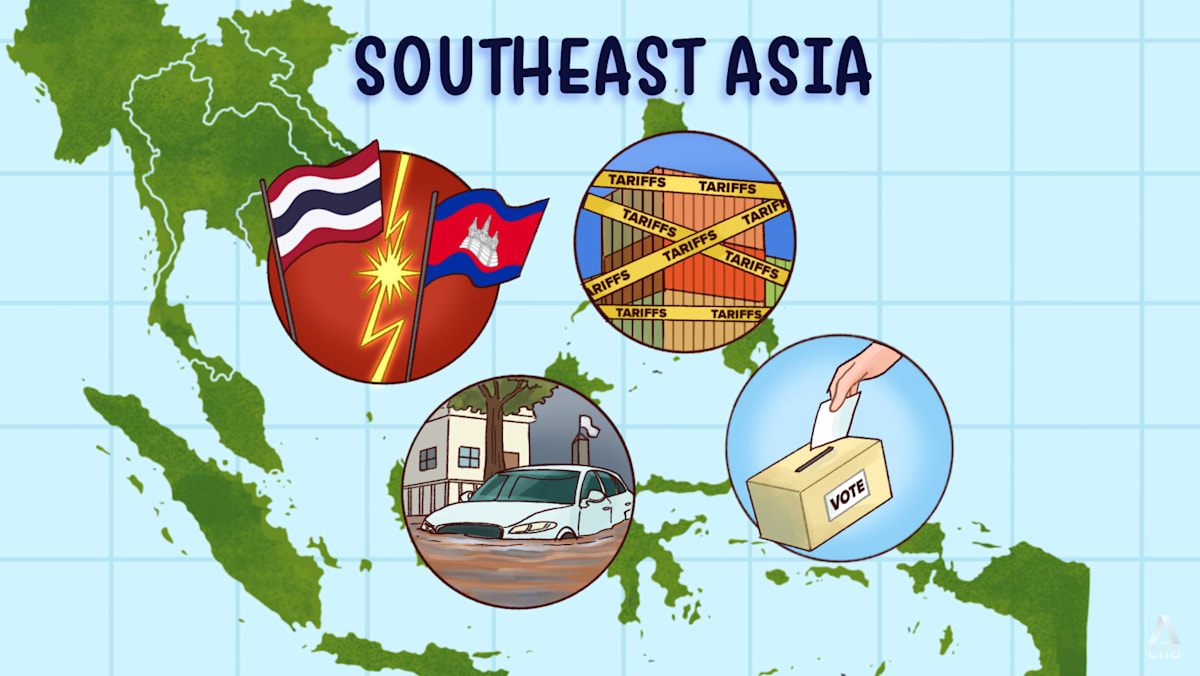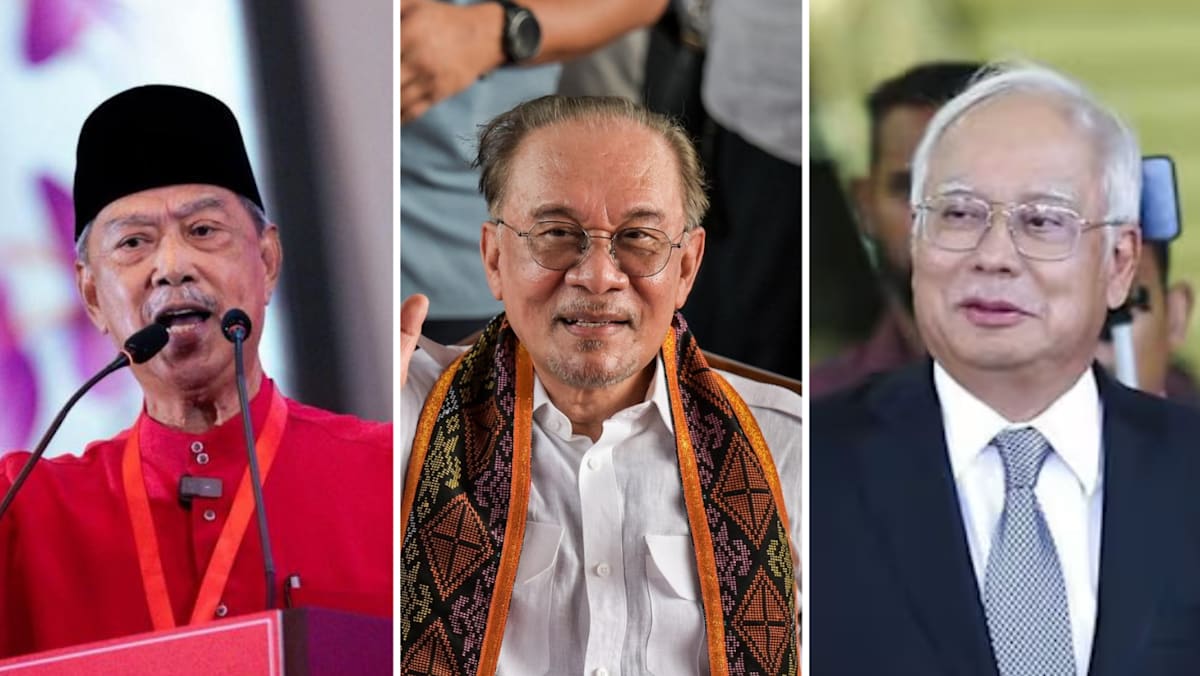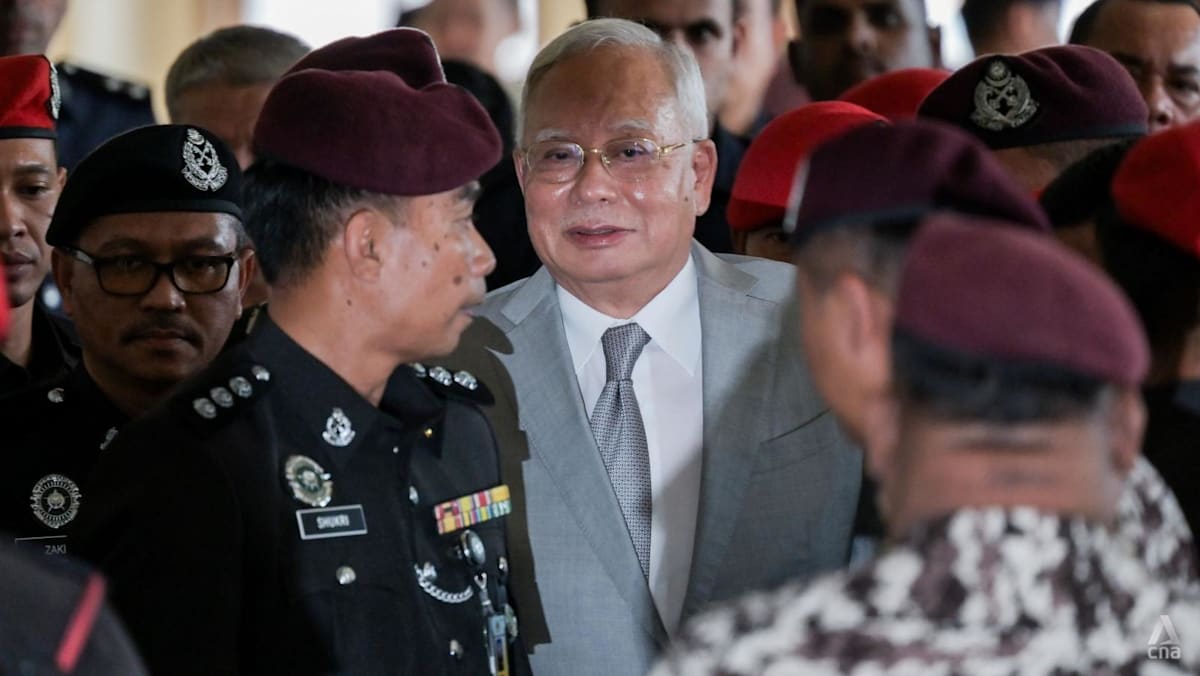Commentary: Israel-Hamas war puts China’s strategy of ‘balanced diplomacy’ in the Middle East at risk
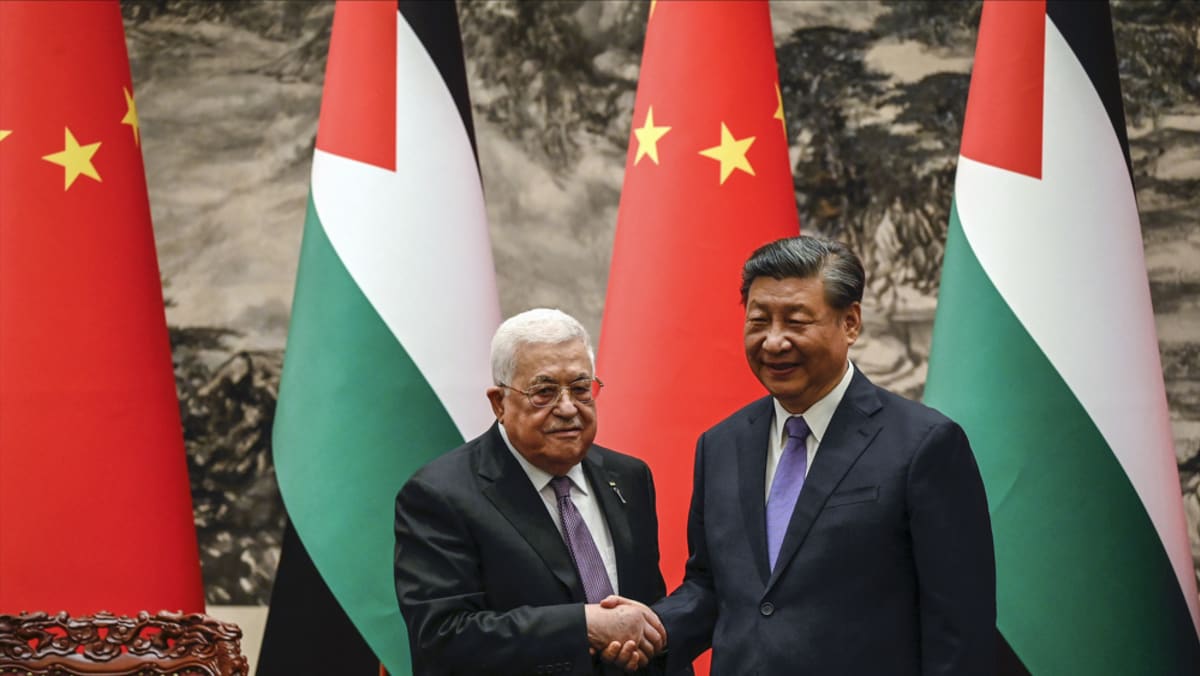
As a scholar who teaches classes on China’s foreign policy, I believe that the Israel-Hamas war is posing the sternest test yet of President Xi Jinping’s Middle East strategy – that to date has been centred around the concept of “balanced diplomacy”.
Growing pro-Palestinian sentiment in China – and the country’s historic sympathies in the region – suggest that if Xi is forced off the impartiality road, he will side with the Palestinians over the Israelis.
But it is a choice Beijing would rather not make – and for wise economic and foreign policy reasons. Making such a choice would, I believe, effectively mark the end of China’s decade-long effort to positioning itself as an influential “helpful fixer” in the region – an outside power that seeks to broker peace deals and create a truly inclusive regional economic and security order.
BEIJING’S OBJECTIVES AND STRATEGIES
Whereas in decades past the conventional wisdom in diplomatic circles was that China was not that invested in the Middle East, this has not been true since about 2012. From that time onward, China has invested considerable diplomatic energy building its influence in the region.
Beijing’s overall strategic vision for the Middle East is one in which US influence is significantly reduced while China’s is significantly enhanced.
On the one hand, this is merely a regional manifestation of a global vision – as set out in a series of Chinese foreign policy initiatives such as the Community of Common Destiny, Global Development Initiative, Global Security Initiative and Global Civilization Initiative – all of which are designed, in part at least, to appeal to countries in the Global South that feel increasingly alienated from the US-led rules-based international order.
It is a vision grounded in fears that a continuation of United States dominance in the Middle East would threaten China’s access to the region’s oil and gas exports.
That isn’t to say that Beijing is seeking to displace the United States as the dominant power in the region. That is infeasible given the power of the dollar and the US’ longstanding relations with some of the region’s biggest economies.
Rather, China’s stated plan is to promote multi-alignment among countries in the region – that is to encourage individual nations to engage with China in areas such as infrastructure and trade. Doing so not only creates relationships between China and players in the region, it also weakens any incentives to join exclusive US-led blocs.
Source: CNA






